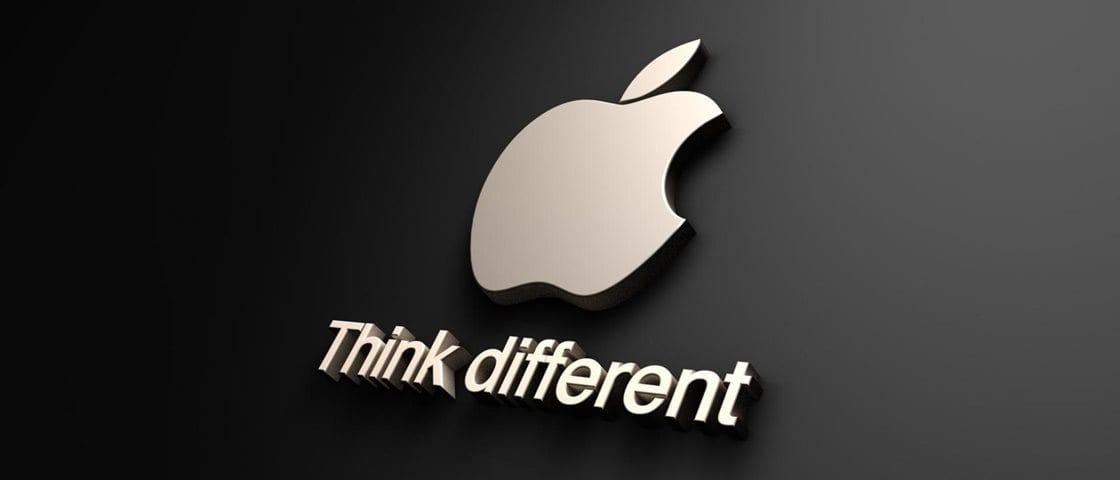Is Apple Really as Safe as It Claims to Be
Apple has always had a reputation for privacy and data protection. Even as other tech companies like Facebook and Google track our moves around the Internet and get involved in data leak scandals, Apple has stayed away from following in those footsteps.

Is Apple Really as Safe as It Claims to Be
Apple Separates Itself from Facebook
In fact, after Facebook got embroiled in the Cambridge Analytica scandal, Apple CEO Tim Cook said that he would never do something similar.
He said that Apple would never breach the privacy of customers on moral grounds because privacy is a human right. Aside from a few bugs here and there, Apple users have actually enjoyed much better security than Facebook or Google users.
Although this does cement Apple’s position as the champion of privacy, it doesn’t mean everything is really well. Most people believe that the hero image that Apple gas built is only a marketing coup – but one that works.
But underneath it, $1 trillion company faces much of the same problems as its competitors. One of the biggest problems it faces is the security issues of apps in the App Store.
Even though there have been several complaints regarding the security of some of the apps available to Apple users, the company has never taken responsibility and blamed the individual developers who upload apps to the App Store.
Lax Responsibility
Apple has shown to be as lax as any other tech giant when it comes to apps. Despite having a stringent data protection policy, Apple has allowed iPhone app developers to store and sell user data, including phone numbers, home addresses, and photos.
There is also a section called Notes, where users can store passwords, social security numbers, or other sensitive data, and this section is particularly vulnerable.
In July 2018, Apple made a new rule with app developers that banned the storage, usage, and sharing of user data. However, the rule doesn’t seem to be making much of a difference.
This is because when individual app developers get access to user data, they have all the right to use it because the data belongs to them from then on. Apple cannot see where the data is going once it is out of their system.
It can be publicly posted on the Internet, shared with political campaigns, or even sold to third party advertisers. Although the new rule prohibits app developers from sharing the information collected, Apple has done nothing to make it hard for developers to collect the data.
Not Genuine
This is exactly how Facebook CEO Mark Zuckerberg landed in hot waters over the data breach scandal and had to face 10 hours of congressional testimony where he lied and acted like everyone there was wasting his time.
It so happened that the developer of a personality quiz app on the social media site collected the profile information of Facebook users and that of their friends, and shared the data with Cambridge Analytica, the company that worked for the 2016 presidential elections.
The data of nearly 87 million people were mined, even though only two million actually used the quiz app.
Senators interrogating Zuckerberg asked him why the company did not know where the data was going and how it was being used. In reply, Zuckerberg answered that once the data is out of their system it’s difficult for them to track it.
Recipe for Disaster
Apple has all the ingredients for a Facebook-like disaster. But it has managed to evade it by effectively convincing users that the company always thinks of their best interests even though its existing policies are actually unenforceable.
Although the new rule may have some positive effect on data access, no one seems to talk about the lack of oversight until then.
Lawmakers and privacy advocates even applauded Apple for the new rule that gives users more control over how their data is used. On the other hand, Apple itself doesn’t have much control over how app developers collect and use data.
Apple has always maintained that it isn’t interested in collecting personal data because it doesn’t depend on advertising revenue.
However, once Apple approves apps to be sold in the App Store it has no control over the data they collect or use. Although the company claims that the apps are well supervised, they are actually not.
Apple can take measures like threatening app developers with an audit or asking them to modify some of their policies, but it hasn’t yet banned any app, and cannot even guarantee that app developers will abide by the new rule.
A Prudent Act
If Apple really wants to be a privacy champion, it has to take better measures to make sure users have more control over how their data is collected. Apple needs to stop developers from getting any other information except phone numbers and email addresses.
Apple doesn’t even have a mechanism to alert users in case of a data breach. Until the company gets these security measures in place, it cannot be called a champion for privacy.





